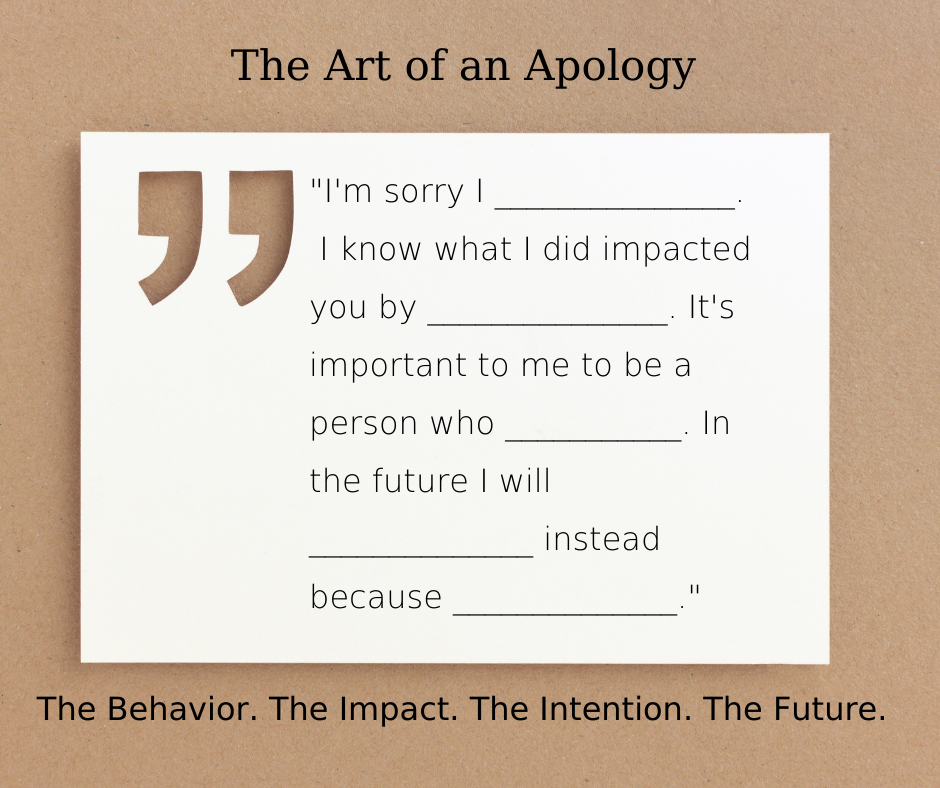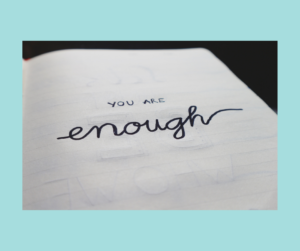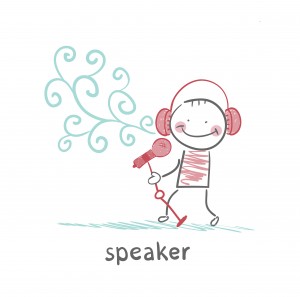Conflict. It’s inevitable and each of us faces certain degrees of it as we move through the day, in our life, work, and relationships.
One component always included in conflict is …. the apology.
Sometimes we may think we’ll choke on the words, but I’d like to offer a new way to think about apologizing to someone.
Instead of resisting it and letting pride take over, I want to encourage you to look at an apology as a way to experience more freedom in your life and relationships.
When we apologize, we have the opportunity to show kindness, love, respect, and humility. That always feels good. And it’s very freeing.
The Reality
Sometimes we say and do things we’re not proud of.
Sometimes we say and do things that are hurtful and disrespectful toward others.
Sometimes we say and do things we know will hurt, offend, and disappoint others.
Sometimes we say and do things unaware that negatively impacts someone else.
It is good and healthy to become more aware of how our behavior impacts others. We learn from others about our own behavior and if we pay attention to what they tell us, we can become better versions of ourselves. Feedback from others helps us, if we let it.
I know this is true for me. I’ve learned a lot from family and friends who help me see what I am unable to at times.
I’ve certainly done things to hurt others (albeit unintentionally) and created an experience for others I don’t want for them. My words and actions impact others and it’s good for me to know this so I can work to do it less and less over time.
Showing Up
The way we show up in the world matters. It matters to me how I live and treat people. I don’t always get it right, so I’m grateful for the people in my life who help me become more like the person I want to be, how I want to live and make a difference in the world.
Whatever we do, it’s always a CHOICE. Everything I say and do is something I have control over.
So do you.
How do you want to show up in the world? How do you want to show up in your own relationships?
You get to decide. Phew. We actually have control over that. That’s good news. 🙂
The Important Parts of an Apology
Yes, there is an appropriate, effective way to apologize to someone who is hurt, disappointed, or offended by something we’ve done.
I love templates I can use over and over again. Here’s an apology template for you. It’ll help you communicate to those you love and care about.
The important parts of an apology include:
The Behavior: “I’m sorry I _____________________.” (My specific behavior. What I said. What I did. This is taking full responsibility for my own behavior. No blame-shifting. No fault-finding. Just owning what I did.)
The Impact: “I’m sure it ________________.” (Be specific in the way my behavior impacted the other person. Empathy and understanding for their experience is so important.)
The Intention: “I want to be a person who ________________.” (Communicate how I want to show up in my life and relationships. Be clear on what’s important to me and how that needs to affect my behavior in my relationships.)
The Future: “In the future, I will _____________ instead because ____________. (Decide what my chosen behavior will be instead of what I did. If the behavior I’m sorry for doing is ‘ABC,’ then my changed behavior in the future will be ‘XYZ’ not ‘ABC.’ State the reason why I choose that new behavior.)
Some Examples
1) “I’m sorry I yelled at you. I let myself get so frustrated and rather than control myself and communicate calmly, I chose to speak to you in a disrespectful way, which is not loving or kind.
I’m sure it created hurt feelings and might have made you question how safe you can feel with me. I understand that completely; I’d feel the exact same way if you spoke to me like that.
I want to be a person who stays calm and manages my frustration well with you and others I care about.
In the future, I will not yell at you and instead I’ll manage my own emotions so I can communicate in a way that’s helpful because that’s what you deserve from me.”
2) “I’m sorry I didn’t tell you the truth about what I did. I was afraid you would be mad at me or disappointed with me and I chose to lie to you instead of being honest about what happened. I was more concerned about myself than being honest with you.
I’m sure it creates some distrust between us and it might make it harder for you to believe me when I tell you things. I understand why you would feel this way. I would, too.
Being honest with others is an important value of mine, especially with someone I care about so much. It’s important to me to create trust between us and do my part in that.
In the future, even when I’m uncertain about your reaction, I will choose to be honest with you instead because I respect you and you deserve to always know the truth from me.”
3) “I’m sorry I called you out in front of the kids and didn’t stand with you as a partner who respects you and your decisions. I didn’t want the kids to be mad at me so I chose selfishness over commitment to you as a spouse and parent. I was thinking about me and not about how you would be affected.
I’m sure you felt disrespected and your opinion or desires didn’t matter. You might be concerned the kids won’t respect you because of what I said. I understand you would feel embarrassed and disrespected; I would, too.
It’s important to me to be united with you and that we raise the kids together. I want to show them I respect their father and what you think is important. That matters to me.
In the future, I will stay respectful in front of our children and if I don’t agree with you on something, I will speak to you in private about it until we can agree what we will tell our kids on the issue, together.
What Not To Say
Just like it’s important to craft an effective, meaningful apology, there are words to avoid when apologizing, as well.
When it comes to how we apologize, we might attribute what we say to saying things out of habit, what we’ve always said, protecting ourselves from the pain of admitting we’re wrong, or avoiding the shame we feel for, quite frankly, screwing things up.
Because we are on a hot pursuit to learn how to apologize more meaningfully, here are some things NOT to say.
“Well, I’m sorry, but you…..”
“I’m sorry you feel that way, but…”
“If you weren’t so sensitive…”
“I didn’t do anything wrong.”
And…
“I’m sorry.” Yes, that’s right. Simply saying “I’m sorry,” isn’t always effective or meaningful because the other person will likely be wondering, “What are you actually sorry for?” and they will never really know.
We don’t get this perfectly. We don’t.
It takes practice, practice, practice.
We’re all a work in progress. All of us.
That’s ok. 🙂
Great relationships are worth the practice.
If you want to know how to do this better, write me and give me a scenario. We’ll figure it out together!



